Health Issues Commonly Seen in Alaskan Malamutes
In this comprehensive article, we will delve into the health issues commonly seen in Alaskan Malamutes, a magnificent breed known for its strength, endurance, and loyalty. As a responsible pet owner or a prospective Alaskan Malamute owner, understanding and being aware of these health concerns is crucial to ensure the well-being and longevity of your beloved canine companion. Our aim is to provide you with valuable insights that will empower you to take proactive measures in safeguarding your Malamute’s health and happiness.
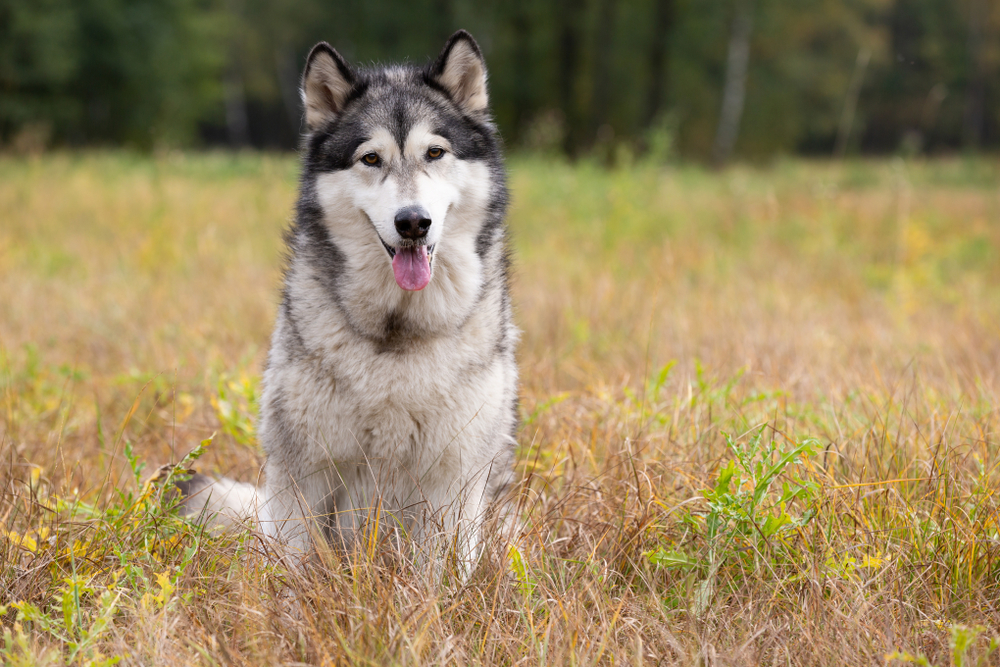
Hip Dysplasia
Description
Hip dysplasia is a prevalent health issue that affects many large and giant dog breeds, including Alaskan Malamutes. It is a hereditary condition where the hip joint doesn’t develop correctly, leading to malformation and subsequent arthritis.
Symptoms
Symptoms of hip dysplasia in Alaskan Malamutes may include difficulty in rising or climbing stairs, lameness in the hind legs, reduced activity levels, and noticeable pain or discomfort while walking.
Prevention and Management
While hip dysplasia has a genetic component, certain preventive measures can be taken. Ensuring a proper diet, maintaining a healthy weight, and providing regular low-impact exercise can all contribute to minimizing the risk of hip dysplasia. Regular veterinary check-ups and early detection can help manage the condition effectively.
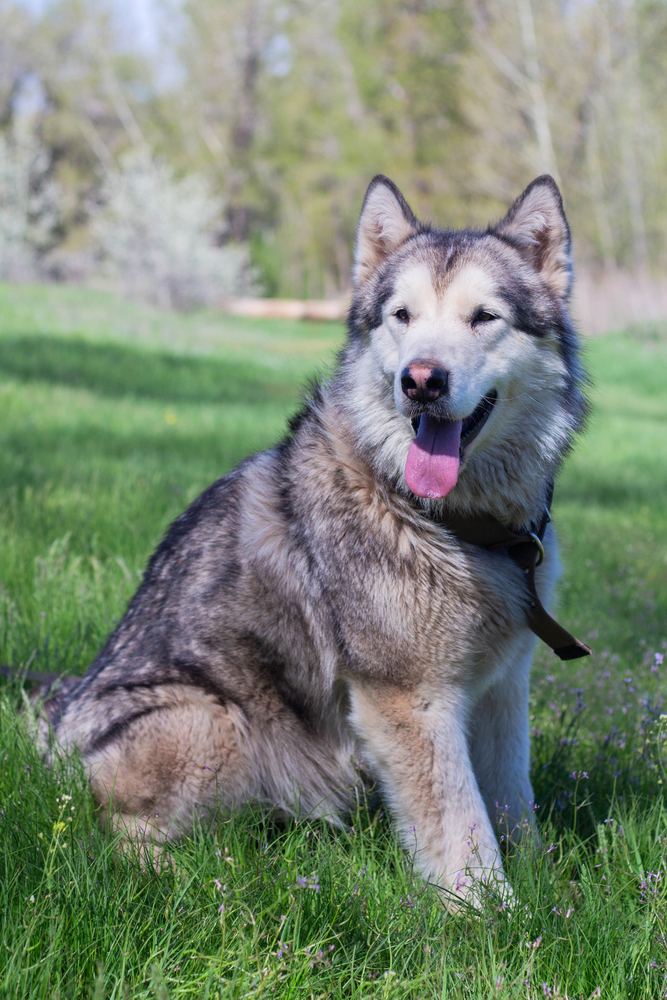
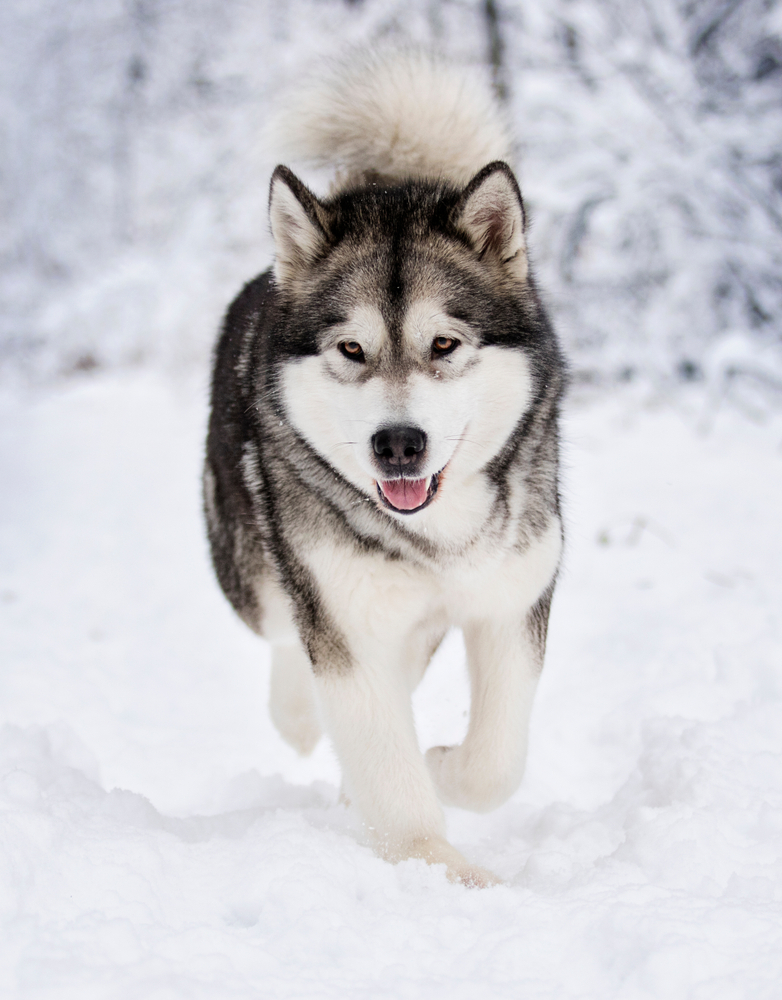
Gastric Dilatation-Volvulus (Bloat)
Description
Gastric Dilatation-Volvulus, commonly known as bloat, is a life-threatening condition that can affect Alaskan Malamutes. Bloat occurs when the stomach fills with gas, causing it to twist, leading to reduced blood flow to vital organs.
Symptoms
Symptoms of bloat include restlessness, unproductive retching or attempts to vomit, distended abdomen, and signs of pain or discomfort.
Prevention and Management
To reduce the risk of bloat, it’s essential to feed your Malamute small, frequent meals and avoid strenuous exercise immediately after meals. Elevated feeding bowls have been suggested to be beneficial in some cases. If you suspect bloat, seek emergency veterinary care immediately.
Hypothyroidism
Description
Hypothyroidism is a hormonal disorder that affects the thyroid gland, leading to an underproduction of thyroid hormones. It is a common health issue seen in Alaskan Malamutes.
Symptoms
Symptoms of hypothyroidism may include weight gain, lethargy, hair loss, skin problems, and intolerance to cold temperatures.
Prevention and Management
Regular veterinary check-ups that include thyroid function tests can aid in early detection of hypothyroidism. Proper medication and a balanced diet prescribed by your veterinarian can effectively manage this condition and improve your Malamute’s quality of life.

Cataracts
Description
Cataracts are an eye condition characterized by clouding of the lens, which can impair vision. Alaskan Malamutes are susceptible to developing cataracts, potentially leading to blindness if left untreated.
Symptoms
You may notice a whitish or cloudy appearance in your Malamute’s eyes, and they may show signs of visual impairment or difficulty navigating their surroundings.
Prevention and Management
While some cases of cataracts may be hereditary, regular eye examinations by a veterinary ophthalmologist can aid in early detection. Surgical intervention may be necessary to remove cataracts and restore vision.
Chondrodysplasia (Dwarfism)
Description
Chondrodysplasia, commonly referred to as dwarfism, is a genetic disorder that affects bone and cartilage development. It is seen in certain Alaskan Malamute lines.
Symptoms
Dwarfism in Alaskan Malamutes results in abnormally short limbs and an overall stunted appearance.
Prevention and Management
As dwarfism is genetic, responsible breeding practices are crucial to reduce the prevalence of this condition. Consult with reputable breeders who prioritize health and genetic screening in their breeding program.
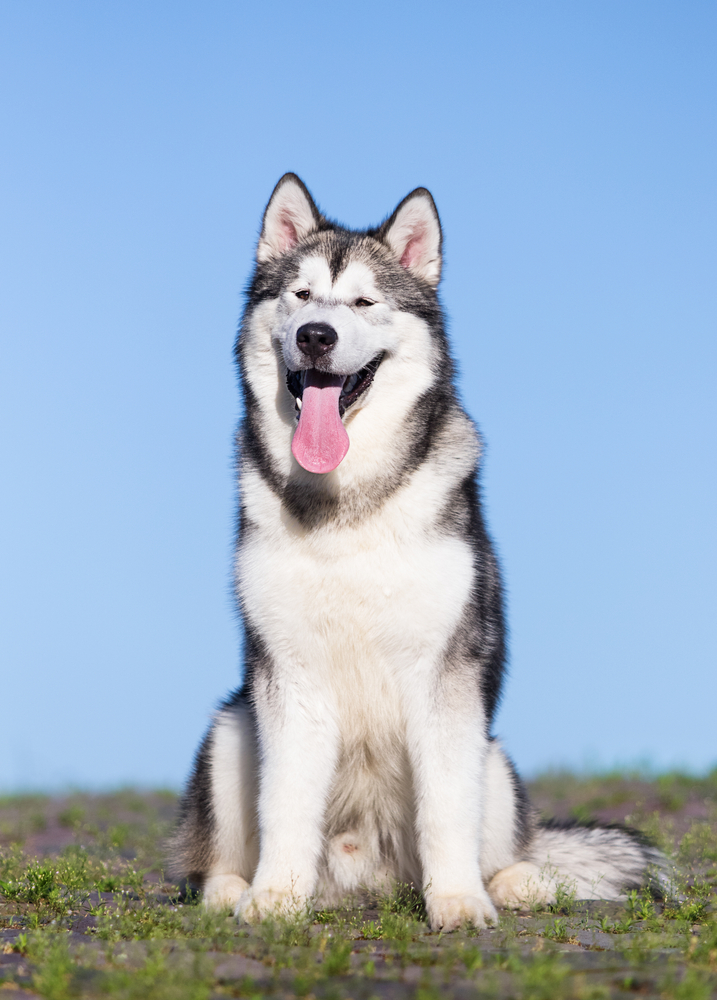
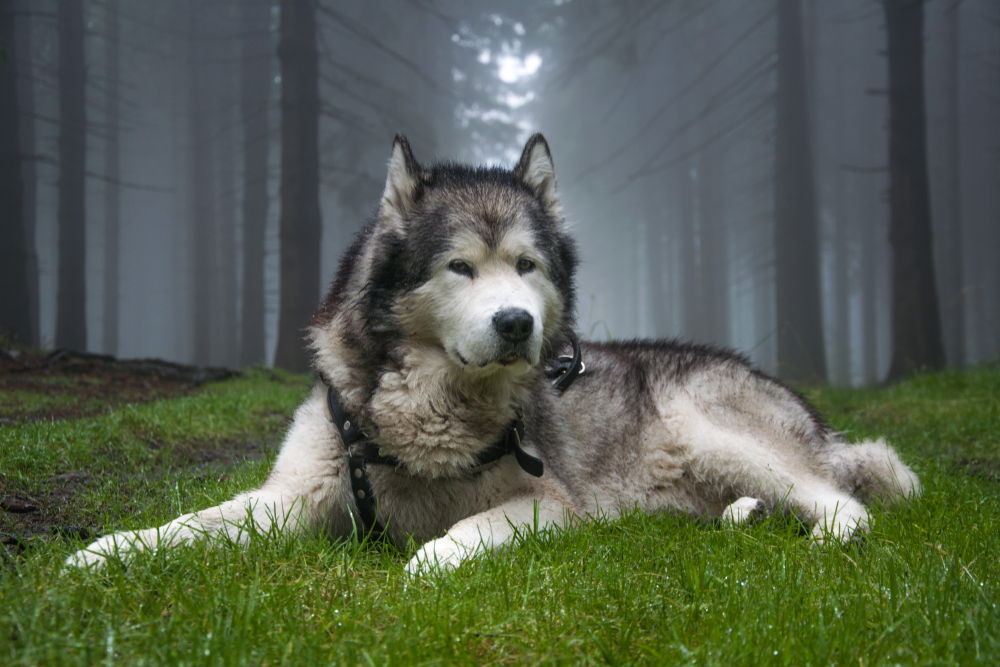
Health Issues Commonly Seen in Alaskan Malamutes
Being aware of the health issues commonly seen in Alaskan Malamutes is paramount for responsible pet ownership. By understanding the symptoms, prevention methods, and management strategies for these conditions, you can provide your Malamute with the best possible care.
Remember, regular veterinary check-ups and early intervention play a crucial role in ensuring your furry friend’s well-being. Always prioritize the health and happiness of your Alaskan Malamute, and you will be rewarded with years of joy and companionship.